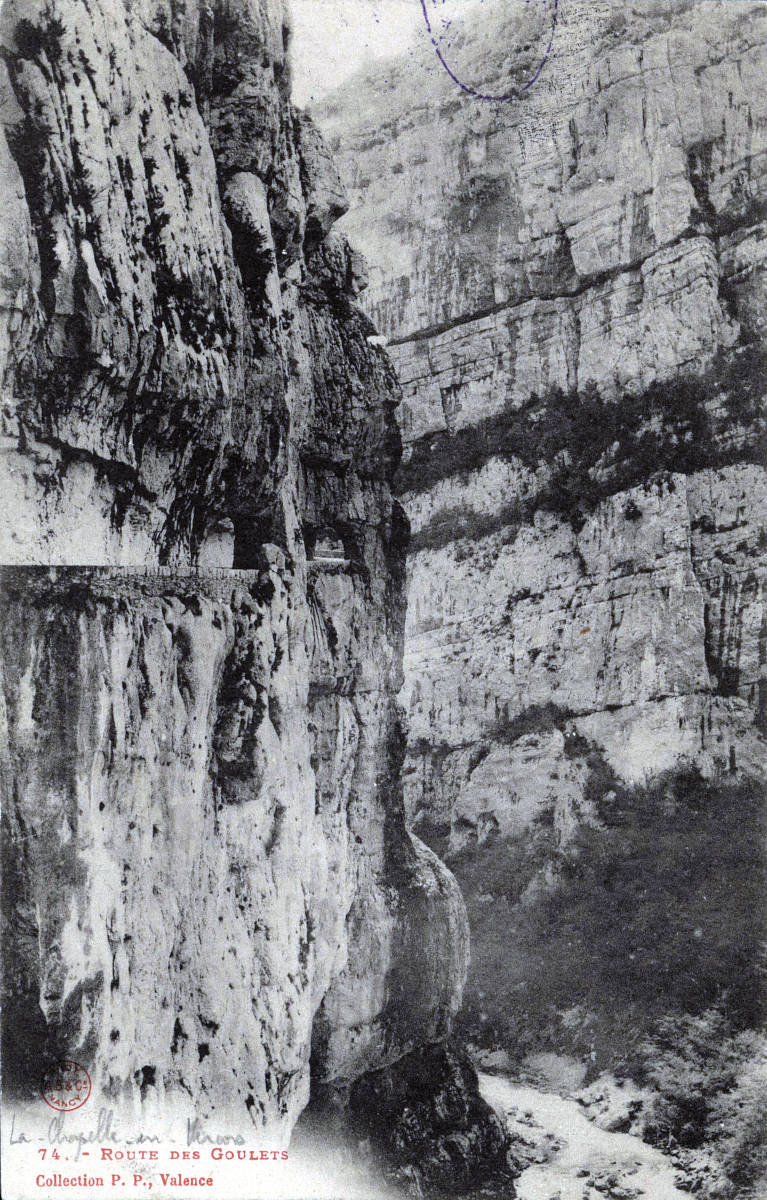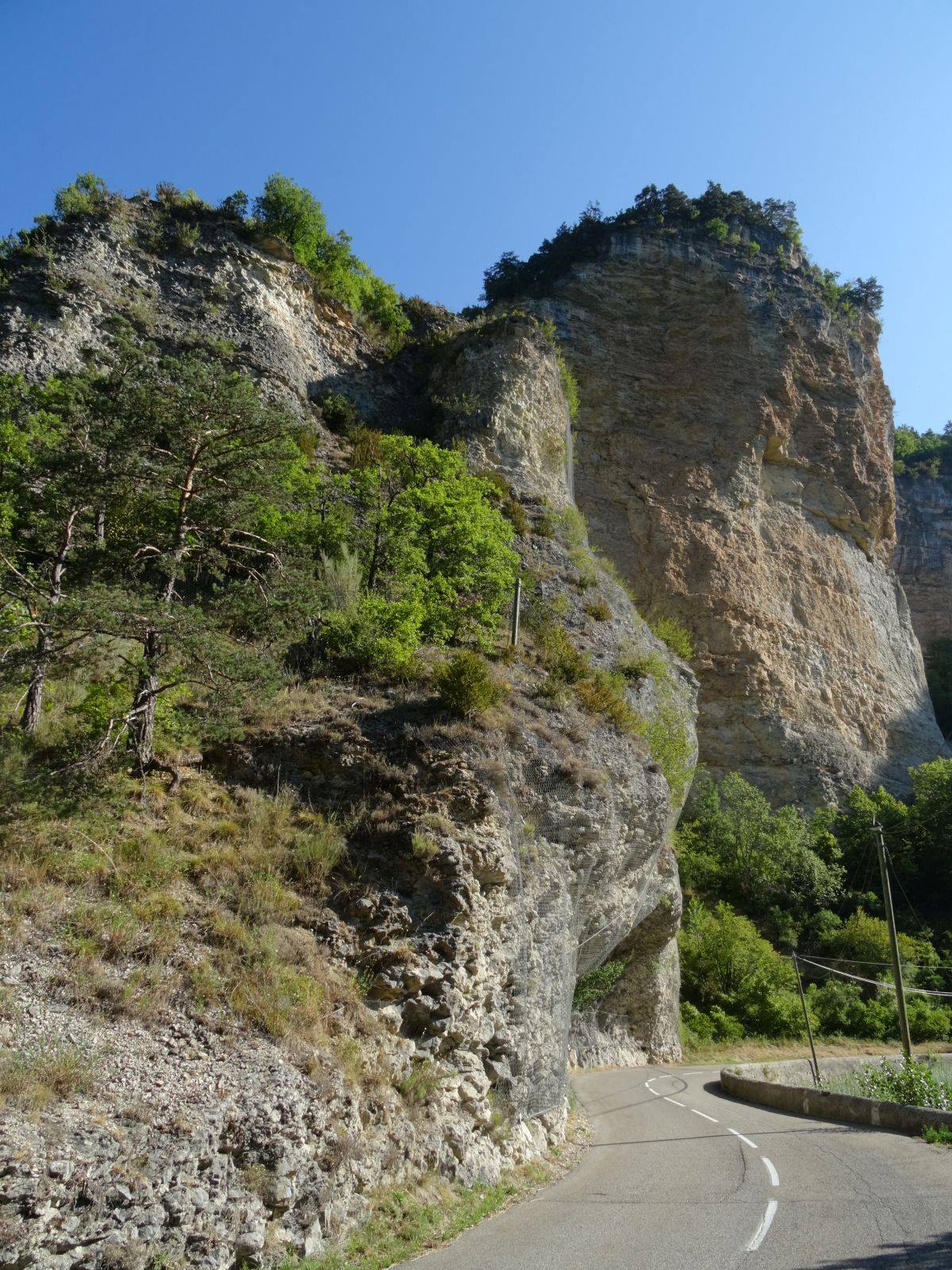Today's discussion about the news
Comments
-
Unless you build multiple lines going the same routes, railway workers will always have leverage. It’s a natural monopoly.
1 -
-
Not sure I buy trams as rapid transport.
0 -
Should be faster than cars if they are built in the right place and have the right priority in shared spaces.
0 -
The only one I've used, Stockport to Manchester in 7 minutes with departures about every 10 minutes during the day. Not exactly slow. Car is 20 minutes at the best of times (i.e. 3.00am), much slower in rush hour. Bike about 20 minutes too if you don't mind getting a bit sweaty.
0 -
Manchester works well on the section where it has a designated track but lss so once sharing roads in the city centre. The same with Edinburgh. Whilst they'll usually have some priority at signals they are still getting caught up in the same traffic as other road users. Capacity is better than a bus though.
0 -
Having recently endured journeys on the RER I don't buy int the 'everyone does it better than us' narrative.
0 -
You can remove the incentives to come here.
[Castle Donington Ladies FC - going up in '22]0 -
It's mainly about capacity, but the Edinburgh trams have low capacity. Possibly since they are set up for airport transfers.
They are also slower than the busses on the same route, even taking into account the viaduct sections and the parts out near the airport.
What the trams don't do is spew diesel or wear out the roads. They also make a friendly ding ding noise when they are about to run you over.
0 -
Of course they can be quicker, but they're often not. Also, somewhere like Brighton has 6 train stations, but no tram or metro. Those six stations are far from perfect, but they will rapidly move you across town.
0 -
The private sector built and ran the vast majority of the existing network for about a century before anyone nationalised it.
1985 Mercian King of Mercia - work in progress (Hah! Who am I kidding?)
Pinnacle Monzonite
Part of the anti-growth coalition0 -
Oh FFS we had lots of private toll roads and no speed limits as well. It's a totally meaningless statement.
How do you think those old fragmented railways would manage now? Would their shareholders have invested well in the infrastructure? New rolling stock? What about prices? If they'd gone up with inflation what would they be?
0 -
Such as?
0 -
Sounds like you don't know much about the history of the railways in the UK. Pretty laughable that you seem to think British Rail had a good/better record on investment in infrastructure and rolling stock than its predecessors? The collective amnesia over just how awful BR was is really quite something to be behold.
1985 Mercian King of Mercia - work in progress (Hah! Who am I kidding?)
Pinnacle Monzonite
Part of the anti-growth coalition0 -
Well I used to use it and recall it not being good, but that's not the question.
You also need context. When BR was a thing, rail travel was in decline, car ownership was rocketing and we all thought we'd be in flying cars by now. At that time we weren't investing much in canal goods haulage either.
Times have changed.
Let me flip it around for you. Where in the world does a fully private rail system work brilliantly?
0 -
It didn't just spontaneously decline; that was a deliberate policy to move the emphasis to road transport. That trend reversed after (re) privatisation.
It's not perfect, but generally, the railways have and continue to provide a better service under private operation. When i started working in London, in 2001 the rolling stock was 40 years old. It's since been replaced twice.
I don't know enough about other countries railways to comment, but I'm aware DB is getting pretty bad.
1985 Mercian King of Mercia - work in progress (Hah! Who am I kidding?)
Pinnacle Monzonite
Part of the anti-growth coalition0 -
It's a coincidence. The move to road transport was, yes, a policy decision, but it was also based on aspiration and a belief that it would be better. Seems short sighted now, but less so in post war Britain.
And the uptick in rail usage was already happening before privatisation, because as it turns out traffic jams are shit and make you late for things.
The Tories privatised rail because they didn't want th headache of modernising it, but saw the short term opportunity to make a few quid.
None of these turn out to have been good decisions, but using a statistical sampling of one for assessing rail infrastructure is possibly misleading.
So, anyway, where in the world does a fully privatised rail sector work well?
0 -
I don't think it is coincidence. Passenger journeys were at almost their lowest point in 92 after almost 50 years of decline. They might have just passed the nadir, but the recovery that continued until Covid has been consistent and sustained. If railway travel is as awful as Rick and you suggest this wouldn't have happened.
The railways are much, much, much better than they were in the early 90s. There's still room for improvement of course, but the difference is night and day. Rolling stock has been replaced in some cases twice since privatisation. Stations have been upgraded across the country. Lines have been electrified. I'm unclear what you think is bad about any of this.
The government has not profited from the privatisation: rail subsidies are roughly three times what they were in the late 80s. It doesn't need to be fully privatised but governments are generally the last people who should be running businesses.
BTW, the LNER network is one of those taken back into full state control.
1985 Mercian King of Mercia - work in progress (Hah! Who am I kidding?)
Pinnacle Monzonite
Part of the anti-growth coalition0 -
Technology has improved, not sure service and capacity has, in relation to demand. In recent years I've been using intercities out of Leeds and Manchester, and those are overloaded in the weekday commute. And I had the pleasure of travelling in from Surrey just like old times and that was hauntingly similar.
Glasgow/Edinburgh is better, come to think of it, largely because of government investment opening two new lines and electrifying the existing ones. That's fuck all to do with privatisation.
What has changed most is that road travel has got much worse and more congested, creating a demand for rail.
Correlation does not equal causation.
0 -
You seem to be working hard to explain away the improvements, but where we started this was an industrial relations problem. It's notable that both industrial disputes stem from situations where the government has either dictated employment terms (removing the freedom of TOCs to negotiate their own resolutions) and where they go have taken over the whole running of a franchise. This would indicate that the government don't have the skills to manage either.
1985 Mercian King of Mercia - work in progress (Hah! Who am I kidding?)
Pinnacle Monzonite
Part of the anti-growth coalition0 -
You are a walking encyclopedia of illusory correlations.
Are Spurs going to win the cup in 7 years' time?
1 -
0
-
Oof. Here's a bit of road I've cycled along a few times and stood under this overhang to take photos (it being quite impressive). Maybe I'll keep moving next time, but I hope they'll do slightly more solid engineering (i.e. some netting) than just keeping fingers crossed to make catastrophic collapses less likely. I woman in her car was killed by this one today.
0 -
It'd be a hell of a net to catch those lumps!
Can you net underneath an overhang like that?
Best just keep pedalling on that section Brian.
0 -
There’s dozens of rock climbs in the UK on less stable looking lumps of rock than that overhang. Don’t going walking under any Dorset sea cliffs.
0 -
Or on the top!
It's either Lyme Regis or Bridport golf club that has regularly had to remodel one of its holes over the last 40 years as it keeps relocating to the beach from the cliff top!
0 -
The problems in the UK are that roads can be more or less floating, like the one across Rannoch Moor. Or basically dug into a blanket bog, like the Rest and be Thankful.
(Thanks are due to the Jacobite era road which seems to be somewhat better engineered than the modern one)
0 -
Actually, they do net stuff like that, as well as driving big steel bolts through if possible - that's one of the less extreme ones, as the whole area is littered with fairly crazy roads hacked out in the 19th century. The Grands Goulets was closed in about 2006 after 'too many people' were killed in rockfalls. It was one they decided to do an 1km tunnel rather than try to make the balcony road safe enough. But critical routes such as the Gorges de la Bourne have millions spent on them with various forms of nets and rockfall-catchers.
Anyway, here's an example of netting a big lump of a crumbly rock overhang, in the Gorges des Gâts. It's a combination of steel ropes pulled very tight (I assume to try and stop lumps moving in the first place) and netting to apply general pressure (and to catch crumblies and random loose rocks that do detach.
0 -
I think the M5 floats on a bed of ash over the Somerset levels, in effect.
0 -
🤔 scratches head, wanders off thinking x-axis, y-axis....?
0












